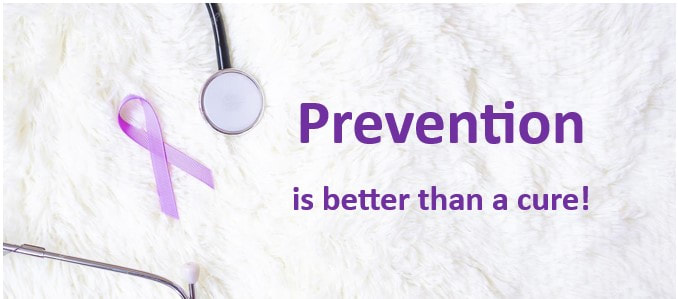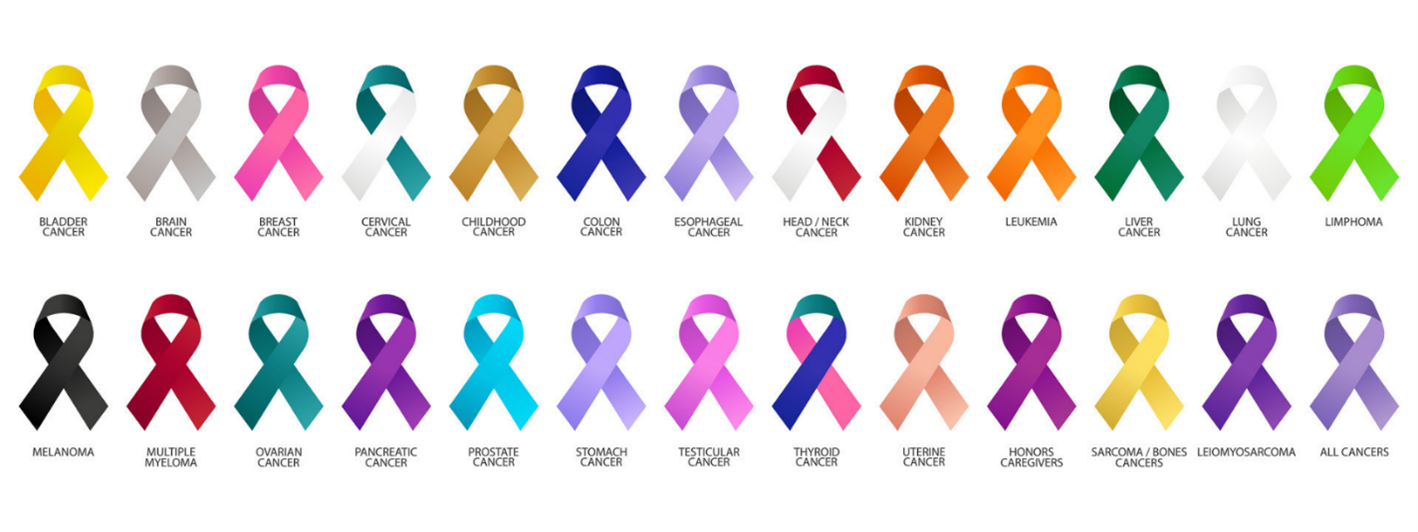|
What are the top three modifiable risk factors for developing cancer?
Tobacco use is the leading preventable cause of cancer and deaths from cancer in the United States for both men and women.
Fortunately, cessation at any age can reduce the risk of cancer occurrence and cancer-related death. The health benefits of smoking cessation begin soon after quitting, and lung cancer risk is cut in half after 10 years. The sooner you stop smoking, the better for your health, but quitting is beneficial at any age. Excess body weight related cancer diagnoses are estimated to make up 7.8 percent of all cancer cases diagnosed in the U.S.
Body size and weight are influenced by genetics, environment and behavior and can’t be fully controlled. But a healthy diet and exercise are beneficial at any weight. Alcohol use accounts for about 6% of all cancers and 4% of all cancer deaths in the United States, according to the American Society of Clinical Oncology.
The American Cancer Society recommends that people who drink should limit the amount of alcohol to no more than two drinks per day for men or one drink per day for women. A beer, a glass of wine and a mixed cocktail contain about the same amount of alcohol. Changing or modifying certain behaviors can reduce your risk for developing cancer. Stay physically active, Limit consumption of red meat and processed foods, Maintain a healthy weight, Limit alcohol consumption. For more information and resources, visit https://www.cancer.org/ References:
|


 RSS Feed
RSS Feed
